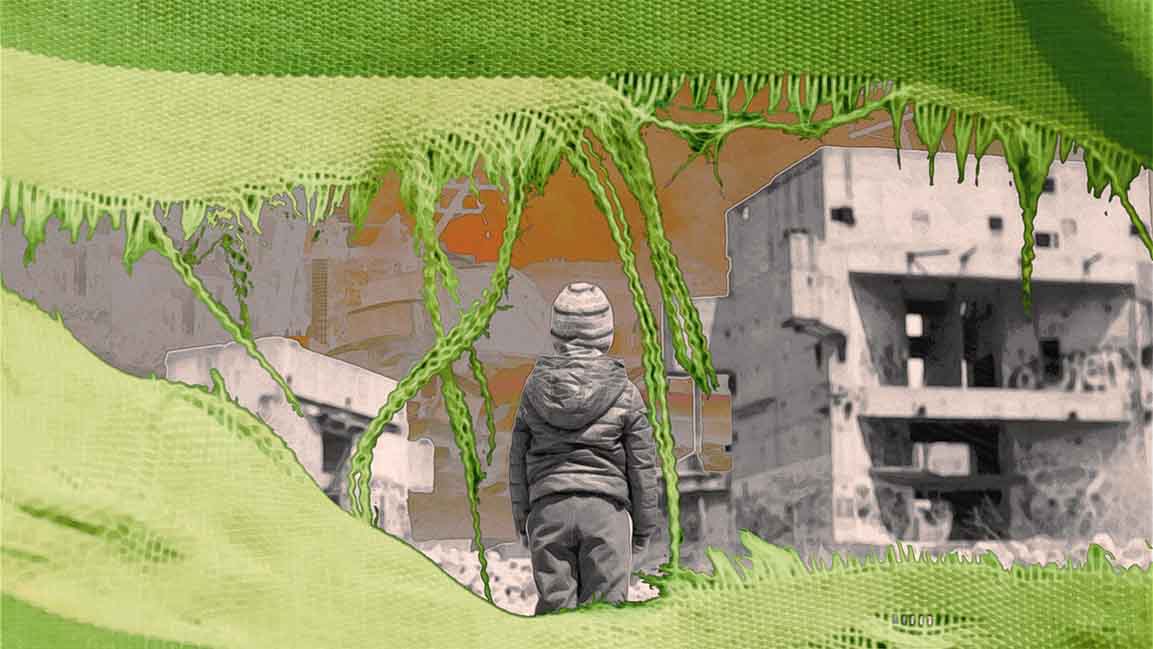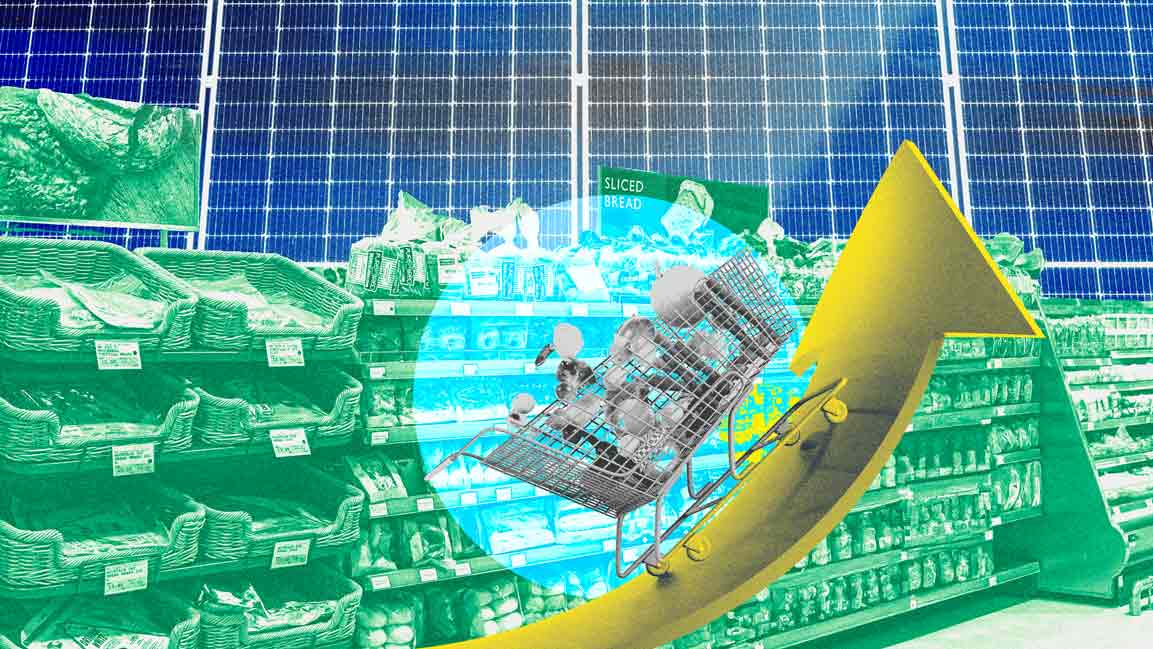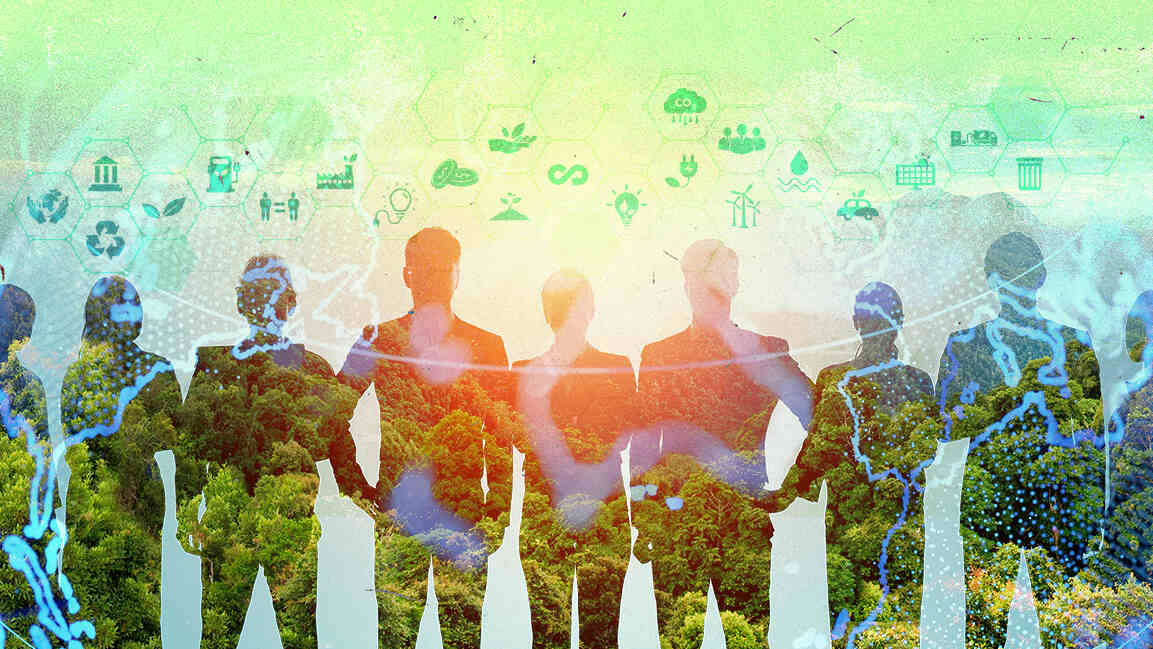- | 9:00 am
Are global conflicts shifting attention away from climate talks?
Experts say nations already in the throes of internal strife often bear the brunt of climate change

This year, COP28 is kicked into gear against a backdrop of two major conflicts, which eventually could cast a shadow over the negotiations. This is something the COP Presidency is trying to navigate through.
Reminders of the war in Gaza punctuated the speeches of the regional leaders at COP28 on Friday when fighting between Israel and Hamas resumed after a weeklong ceasefire.
Calling attention to thousands of Palestinian civilians killed, King Abdullah II of Jordan said that leaders should not talk about climate change “in isolation from the humanitarian tragedies unfolding around us.”
“In a region already on the front lines of climate change, the massive destruction of war makes the environmental threats of water scarcity and food insecurity even more severe,” he added.
Similarly, speaking at the climate summit, President Recep Tayyip Erdogan of Turkey said: “While we are here expressing our views on the climate crisis, it is impossible not to touch upon the humanitarian crisis taking place in the Palestinian territories close to us.”
The pressing need to tackle climate change competes with geopolitical unrest, humanitarian emergencies, and evolving power structures. As the focus shifts towards these pressing issues, discussions about climate action are frequently overshadowed. However, the undeniable connection between these realms persists, emphasizing their interdependence.
GLOBAL CONFLICTS TAKE CENTER STAGE
The world has been intently watching as the recent war on Gaza continues, with almost 15,900 dead and over 1.8 million people, nearly 80% of the population, estimated to be internally displaced.
Amidst the deafening roar of Gaza’s war, a silent war against climate change rages on in Africa.
In November, African delegates at the UNCCD meeting in Uzbekistan slammed world leaders for overlooking the continent’s desertification crisis while focusing on conflicts like Israel-Hamas and Ukraine. Funding for mitigation projects is reportedly being diverted, leaving Africans vulnerable.
According to the UN’S OCHA, over 110 million Africans suffered through weather, climate, and water disasters in 2022, costing $8.5 billion in damages.
Habiba Ibrahim, a delegate from Nigeria, slammed leaders for neglecting “a reality in Africa,” emphasizing that desertification won’t wait for global attention.
Mohammed Mahmoud, Director of Climate and Water Program at the Middle East Institute, says COP28 chatter was drowned out by the Gaza crisis “as the world watches in horror and disbelief in what is happening there.”
“However, though the world’s general attention has shifted to major global conflicts, the dedicated cohort of climate analysts, policymakers, and activists are still dedicated to moving the global climate agenda forward, as the effects of climate change continue to intensify dramatically,” adds Mahmoud.
Dr. Diana Francis, Climate Scientist at Khalifa University and Head of ENGEOS lab, thinks global conflicts have “limited temporal and spatial parameters” compared to the consequences of global warming.
“The climate crisis affects the whole planet and the liveability on Earth. It is an existential problem for the generations to come, for the ecosystems, the marine life, hence the need for immediate attention and action,” Francis adds.
WHERE BOTH INTERSECT
The world’s problems don’t exist in neat, isolated boxes. Conflicts and climate change are no exception. Like two wildfires merging into an inferno, they’re increasingly intertwining, creating a dangerous and complex landscape where one crisis feeds the other, creating a vicious cycle of instability and suffering.
Nations already battling internal conflict are the ones hit hardest by climate change. Of the 25 most vulnerable on the ND-Gain Index, 14 are war-torn, from Yemen, Afghanistan, Sudan, and Congo.
While not directly linked, war impedes a nation’s ability to adapt. Internal divisions and violence divert resources and shatter infrastructure, exposing communities to rising temperatures, droughts, floods, and other climate extremes.
The UN calls these “two horsemen” — conflict and climate — the main drivers of food insecurity. Take Gaza, a densely packed strip of land with 2.2 million people, where chronic shortages of food, water, and electricity are a daily reality. Now, layer-on rising temperatures, dwindling rainfall, and intensifying storms are all fueled by climate change. While conflict remains Gaza’s primary vulnerability, these escalating climate risks amplify the suffering.
Somalia paints another grim picture. By July 2023, over 3.8 million were displaced, fleeing a deadly cocktail of conflict, drought, and floods.
Mahmoud says climate change can amplify existing tensions and prompt conflicts. He points to the shrinking water supply in shared transboundary watersheds caused by global warming. This scarcity, he contends, could lead to competition over resources rather than cooperation, as seen in the Tigris-Euphrates River system.
Echoing these concerns, Francis underlines how climate change strains crucial resources like water, food, and land, igniting fights over their dwindling supply. She adds that rising sea levels create another threat of displaced populations, who “may not be welcomed in the territories they will be forced to move to. This can also create conflicts.”
PUSHING CLIMATE TALKS TO THE FOREFRONT
Mahmoud says the world can no longer ignore the climate crisis “not because we can’t afford distractions from other issues such as global conflicts. But because we are at a point where climate change impacts have continued to become more extreme, thus demanding our attention.”
“Strong climate action on the tracks of mitigation and adaptation must be implemented before more destructive climate damages occur,” he adds.
Mahmoud first clarifies that we cannot sacrifice solving one crisis by only addressing another. He goes on to say that the path forward on climate action is clear: “Increasing climate financing to implement climate resilience projects in developing nations, accelerating energy transition towards clean and low emission forms of energy, and holding all countries accountable to adopt climate policies that prevent further increases in global warming.”
“Meetings like the COP provide a lightning rod for getting these things done. But climate policymakers and decision-makers need not wait for COP meetings to complete these tasks.”
COP28 has brought together world leaders, policymakers, scientists, and activists to discuss and take action on climate change. The first five days of the summit saw breakthroughs — from the historic Loss and Damage fund to tripling nuclear development.
Francis says it is the duty of all to ensure the climate crisis is on the global agenda.
“While not everyone can have a say or impactful action for conflicts, the solution to the climate crisis has to involve everyone. It is a collective effort, and everyone has to do small actions that will add up and result in impactful progress.”
Climate change, a conflict igniter, demands immediate action. “Knowing climate change fuels existing conflicts and sparks new ones, it becomes obvious that solving it is the top priority. Individuals and leaders must grasp the urgency.”







































